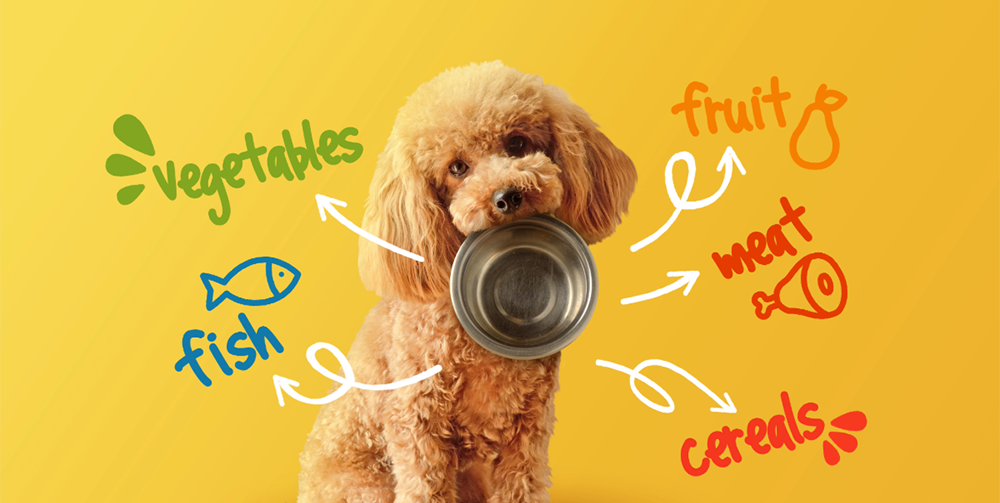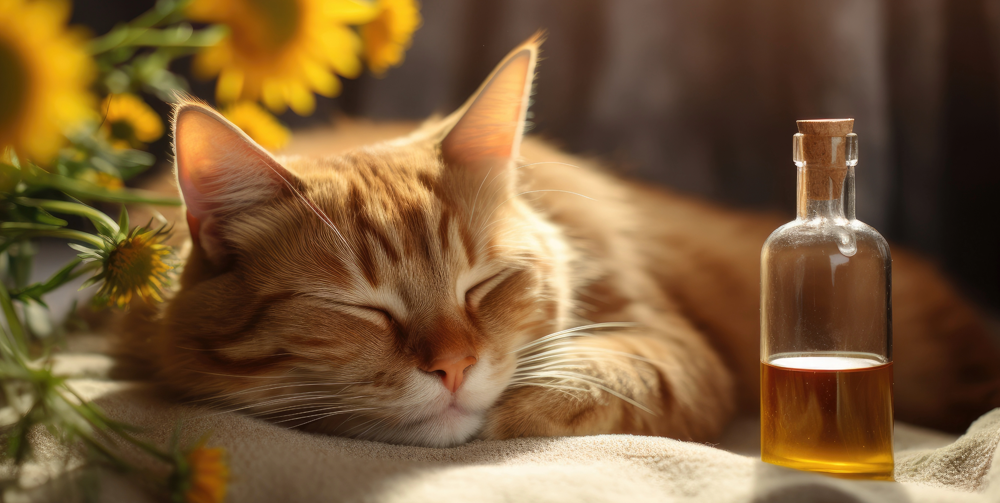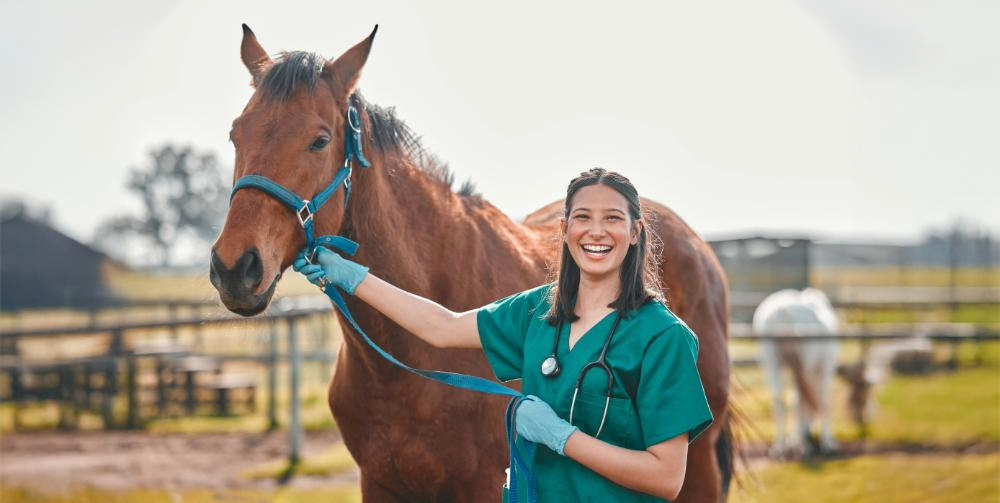Integrative pet care is often perceived as alternative veterinary medicine. However, when it comes to animals, who can’t communicate like humans can, integrative care is used to complement traditional medicine, and not replace it. It provides for a more all-round pet wellbeing, aiming to prevent illness in the first place.
Furthermore, according to the author of the book The Ultimate Pet Health Guide, who’s also been awarded America’s Favorite Veterinarian, integrative pet care “can lead to more successful outcomes than traditional medicine alone”!
Integrative pet care tips:

- Good food = Good health. It’s been proven that 80% of domestic animals’ immune system comes from the gut! So, naturally, the quality of the food pets consume is essential to their overall health. According to Gary Richter, ‘America’s favorite veterinarian’, your pet’s diet should include not only dried and canned food, but some raw food too. And since hydration is just as important as vitamins and minerals, opting for food with high moist content and providing plenty of water to your pets, also play a vital role in keeping them healthy.
- Regular check-ups by a vet are just as important, according to integrative pet care. And that’s partly because your little friend can’t signal you straight away if they’re not feeling well. But a good veterinarian can.
- Opt in only for the most essential vaccines, as they have many side effects too. They can sometimes completely mix up both humans’ and animals’ immune systems. And, more and more health conditions, allergies and disorders are attributed to vaccines. Even though they can be life saving in certain cases, do approach them with scrutiny!
- Consider natural herbal remedies for common pet issues to lessen the amount of chemicals, consumed by your pet. Like Chamomile, for alleviating indigestion and anxiety. Or Echinacea for boosting not only your immunity, but your furry friend’s too.
- Keep your pet active, and give it time and space for free movement and interaction with other animals, where appropriate. Don’t forget that, just like us, animals are born free and it’s in their nature to seek it out.
- Acknowledge the importance of your pet’s feelings and how they can affect their overall health and wellbeing. In addition, drowsiness or unusual pet behavior can be signs of a certain discomfort, pain, or an ongoing health issue to look out for!
- If your pet does get sick, do consider new, more holistic and less invasive methods of treatment too, alongside traditional veterinary medicine. These can include Homeopathy, Physiotherapy, Acupuncture, Psychological pet care, and more.

If you’re committed to keeping your beloved little buddy healthy, you can get extra help from some of the latest pet apps too, like the ‘Pet Care Tracker’ and the ‘Pet First Aid’ application.
For the latest app tips, check out
app-tipps.com

